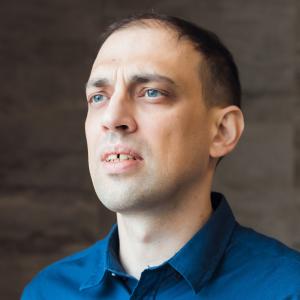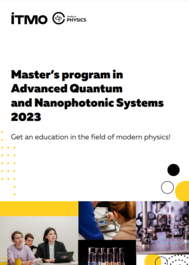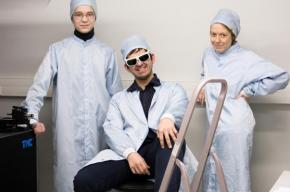Many theoretical approaches to studying the properties of novel functional materials become highly ineffective when the materials of interest are characterized by strong electronic correlations. Such correlations appear when the electrons belonging to different atoms strongly interact with each other, and thus, standard methods are not suited for describing such materials. These materials are applied in chemistry, medicine, and for solving problems of physics. In the last 10-15 years, «advanced» theoretical methods, application software programs and many new experimental methods have been developed for the investigation of such materials. However, there was no educational program that would give the skills necessary for work with the research methods for these materials.
Master’s specialization «Quantum materials» teaches all research methods that are currently in use for studying materials with strong electronic correlations. Within this program, there are two tracks: the first one contains theoretical and numerical methods of research, and the second one ¬is devoted to experimental research. The program is closely related to the current scientific work at the Department and the work on the grants won by the Department’s teams. At the Department, scientific seminars on optics and theoretical physics are held weekly, with the participation of Russian and foreign scientists, and all students attend these seminars. Scientific work is a mandatory part of the educational program for all students, which gives the opportunity to obtain real experience in research during their education. The Master’s students that successfully carry out their research start working at the Department.





